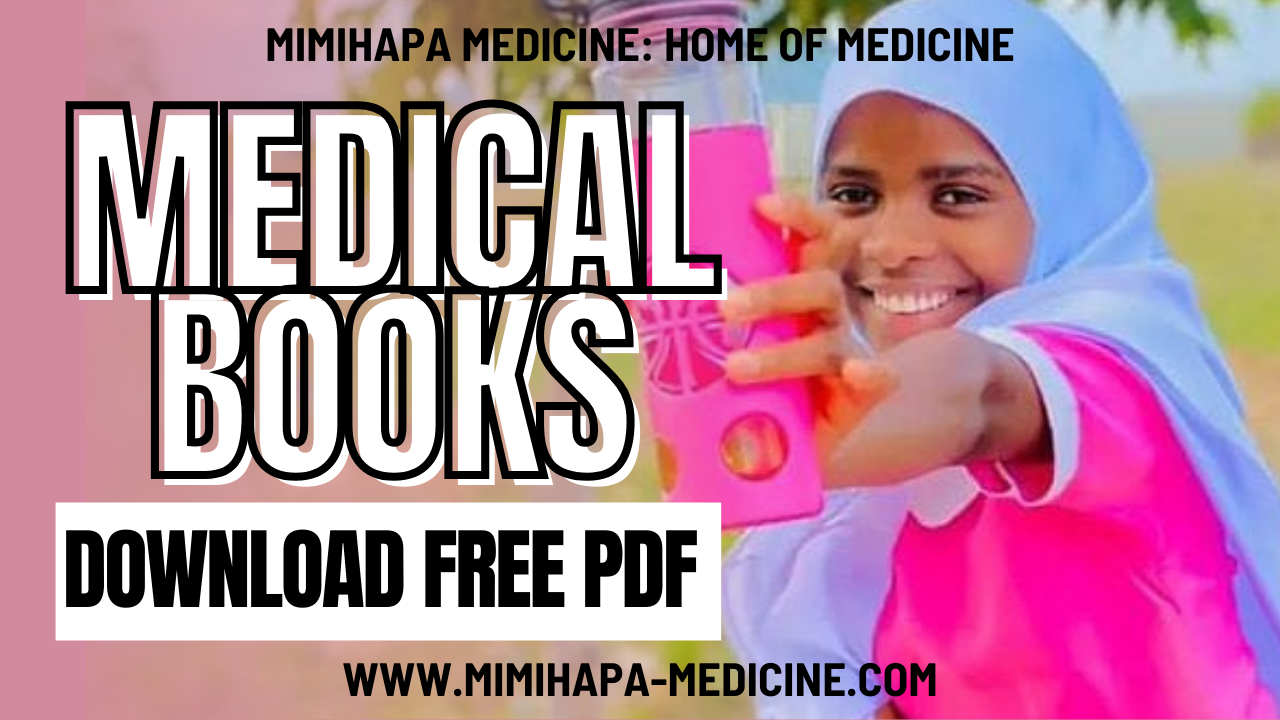Essentials Of Organic Chemistry for Students of Pharmacy, Medicinal Chemistry and Biological Chemistry
“For more years than I care to remember, I have been teaching the new intake of students to the Nottingham pharmacy course, instructing them in those elements of basic organic chemistry necessary for their future studies. During that time, I have also referred them to various organic chemistry textbooks for additional reading. These texts, excellent though they are, contain far too much material that is of no immediate use to pharmacy students, yet they fail to develop sufficiently areas of biological and medicinal interest we would wish to study in more detail. The organic chemistry needs of pharmacy students are not the same as the needs of chemistry students, and the textbooks available have been specially written for the latter group. What I really wanted was an organic chemistry textbook, considerably smaller than the 1000–1500-page tomes that seem the norm, which had been designed for the requirements of pharmacy students. Such a book would also serve the needs of those students on chemistry-based courses, but who are not specializing in chemistry, e.g. students taking medicinal chemistry and biological chemistry. I have wanted to write such a book for a long time now, and this is the result of my endeavours. I hope it proves as useful as I intended it.
Whilst the content is not in any way unique, the selection of topics and their application to biological systems should make the book quite different from others available, and of especial value to the intended readership. It is a combination of carefully chosen material designed to provide a thorough grounding in fundamental chemical principles, but presenting only material most relevant to the target group and omitting that which is outside their requirements. How these principles and concepts are relevant to the study of pharmaceutical and biochemical molecules is then illustrated through a wide range of examples. I have assumed that readers will have some knowledge of organic chemistry and are familiar with the basic philosophy of bonding and reactivity as covered in pre-university courses. The book then presents material appropriate for the first 2 years of a university pharmacy course, and also provides the fundamental chemical groundwork for courses in medicinal chemistry, biological chemistry, etc. Through selectivity, I have generated a textbook of more modest size, whilst still providing a sufficiently detailed treatment for those topics that are included. I have adopted a mechanism-based layout for the majority of the book, an approach that best enables the level of detail and selection of topics to be restricted in line with requirements. There is a strong emphasis on understanding and predicting chemical reactivity, rather than developing synthetic methodology. With extensive use of pharmaceutical and biochemical examples, it has been possible to show that the same simple chemistry can be applied to real-life complex molecules. Many of these examples are in self-contained boxes, so that the main theme need not be interrupted. Lots of cross-referencing is included to establish links and similarities; these do not mean you have to look elsewhere to understand the current material, but they are used to stress that we have seen this concept before, or that other uses are coming along in due course.
I have endeavoured to provide a friendly informal approach in the text, with a clear layout and easyto find sections. Reaction schemes are annotated to keep material together and reduce the need for textual explanations. Where alternative rationalizations exist,” Said By Paul M Dewick Nottingham, 2005
%20(1).png)










0 Comments